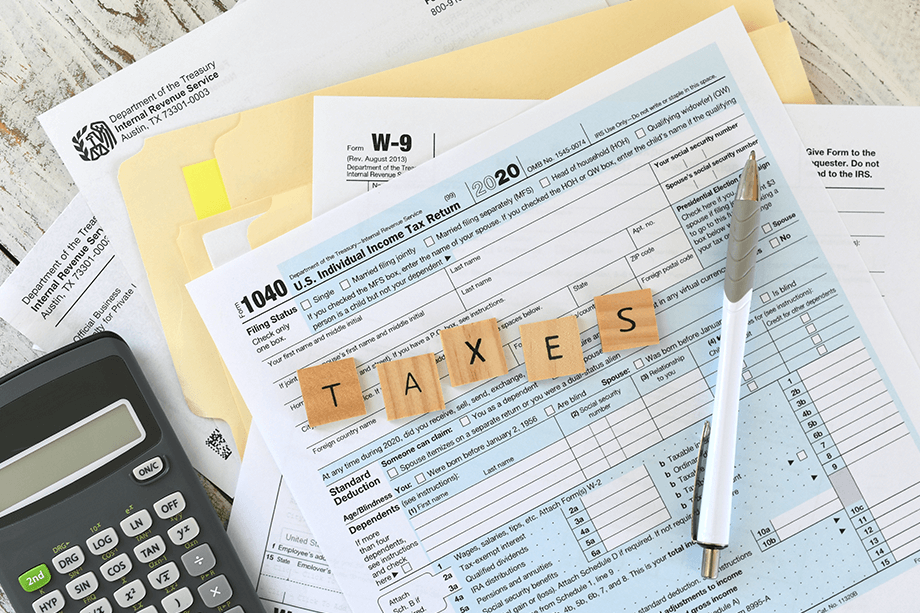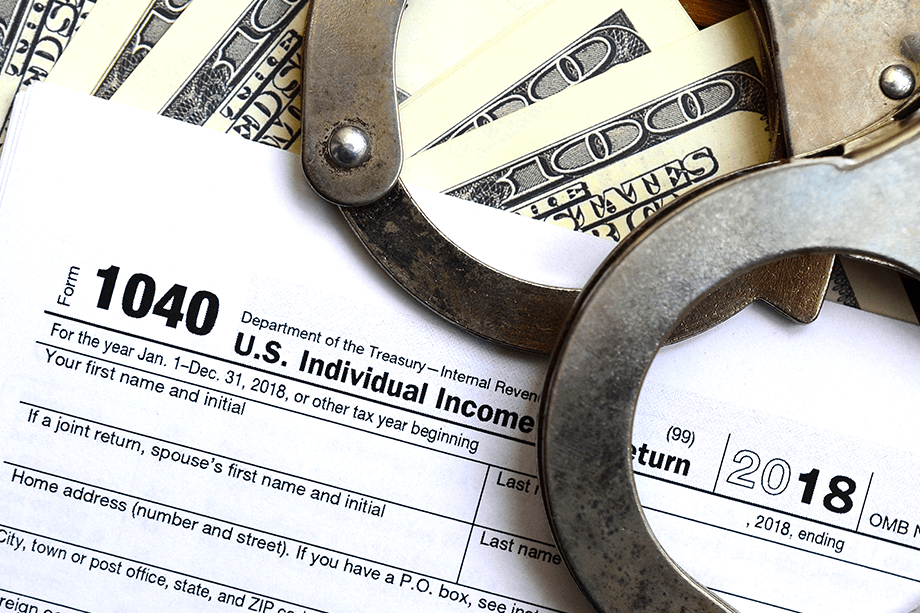Let’s be blunt, here: taxes aren’t fair to the average taxpayer. But who is the average taxpayer? The average taxpayer has a job, a family, and a mortgage or rent. The average taxpayer has little to no financial education. The average taxpayer gets his advice from the mainstream media and H & R Block. The average taxpayer’s only available tax benefit is from personal exemptions and itemized deductions, such as property taxes, and charitable contributions. And, of course a 401(k) or IRA in the U.S. or RRSP in Canada to postpone a portion of their tax burden until retirement.
Instead of being an average taxpayer, become an above average taxpayer (or “super taxpayer”). Start by doing what the government rewards you for by contributing more to the economy.
Here are 3 ways to invest in the economy and not be average:
Real Estate
Real estate is a tax-favored investment. In all countries, the government will pay you to invest in real estate. Here is how it works.
As tax expert and Rich Dad advisor, Tom Wheelwright put it in this article:
“To me, the two keys to being a successful real estate investor are, one, using debt, and two, using taxes.”
Say you decide you want to purchase investment real estate in Country X. You find a property that costs $1 million and has net operating income of $80,000. Rather than paying cash with your own money, you borrow as much as you can from the bank. In this case, let’s say you put in 20% of your own money as a down payment and the bank lends you 80% of the cost of the property. The bank lends you money at 4% interest on an interest-only loan. Your net cash flow from the property is $48,000 ($80,000 less 4% x $800,000). The government is willing to pay you for making this investment.
On a $1 million property, your depreciation deduction should be about $100,000/year for the first several years. As a result, while the cash flow and true net profit is $48,000, for tax purposes you have a loss of $52,000 ($48,000 less $100,000 depreciation). Not only do you not have to pay tax on your $48,000 of cash flow (tax-free income), you can offset other income, such as business or investment income, with the $52,000 loss, so long as you are a professional investor. In the 40% tax bracket, a $52,000 loss is worth $20,800 in fewer taxes on your business and investment income ($52,000 x 40%). The government is paying you over $20,000 to make the investment in real estate.
Oil & Gas
In his book, “Tax-Free Wealth“, Tom writes:
“The United States has long held an energy policy promoting oil and gas drilling operations inside the borders of the United States to help reduce dependence on foreign oil. The government has put this into action through the tax law by providing significant tax benefits for anyone who invests in domestic (U.S.-based) oil and gas drilling operations.
In the US, oil and gas is one of the truly great tax shelters. Remember the discussion about passive income and passive losses earlier in the book? Oil and gas is the only investment that is not subject to these rules. That’s right—if you invest right, you can deduct losses from oil and gas against ordinary income, and even your investment is entirely passive.”
In the U.S., when you invest directly into an oil and gas-drilling project, you get to write off a large amount of your investment in the very first year. Let’s suppose you invest $200,000 into an oil and gas-drilling project instead of into the real estate project. The first year, you will be able to deduct up to 80% of your original investment, or $160,000, against your other business, wage or investment income. In a 40% tax bracket, this is equivalent to the government paying you $64,000 ($160,000 x 40%) for making the investment. In effect, the government has agreed to be your partner in the drilling project, contributing 32% of the funds for the project.
The remaining 20% can be deducted over the next several years, so in total, you will receive a deduction of $200,000 with a potential tax benefit of $80,000. On top of this, the U.S. government does not tax all of your income from the project. Only 85% of the income from the project is taxed, due to the 15% deduction you get for depletion. On every $1,000 of income you earn from the project, only $850 is taxed.
As a pro tip: Oil and gas is the only investment where you aren’t subject to the rules that limit losses from passive investments.
Agriculture
Most countries provide significant tax breaks to those who engage in agriculture businesses. The reason is simple: the government wants the economy to grow and wants you to invest in local agriculture.
There are many tax breaks for agriculture, with the most important including a tax deduction for the expenses associated with agricultural entities, and the advantage of trading livestock without paying tax.
Tom writes:
“The depreciation rules also favor agriculture. Depending on the country, you may get to take a faster deduction for farm equipment than you do for other types of equipment. And some of the income from your farming operations may not be taxable or can be taxable in a later year if earned through cooperatives.
Farms usually get special treatment for estate tax purposes, as well. You may get to reduce the amount of estate tax you pay when you inherit a farm or may get to pay the estate tax over several years. The government wants to keep farms and ranches in business, so they give you tax breaks so that you don’t have to sell the farm to pay taxes.”
Developing countries especially have strong tax incentives for agribusiness. Puerto Rico, for example, provides a 100% exemption from property taxes, equipment taxes, municipal taxes and stamp taxes in addition to a 50% tax credit for investment in agricultural businesses. Ethiopia exempts agricultural businesses from income taxes entirely for up to 9 years.
It’s not just developing countries that offer incentives. The U.S. and most other countries allow a 100% deduction for the costs of running a farm. Where most businesses have to add costs of production to inventory, so they don’t get to deduct the cost until they sell the inventory, the opposite is true in agriculture. The cost of seeds, feed and other operating expenses of a farm or ranch that go into the production of the food and livestock is deductible in the year it is purchased. So even if you don’t sell your hay or your cattle for several years, you still get to deduct the cost of producing the hay and cattle in the year you spend the money. This is an investment by the government in your farm.
To learn more about how to build massive wealth by permanently lowering your taxes, get Tom’s book, “Tax-Free Wealth“.







